OH, WHAT A PEELING: Angry car owners take Toyota on over mass paint defects
Toyota: still spending a fortune marketing the myth about its unrivalled quality, yet still seemingly dropping the ball on car making fundamentals such as painting cars. Is it really that hard?
Right now, momentum is growing on an obscure Facebook page called: Toyota Australia Peeling Paint. The hint is in the title.
Membership has rocketed almost tenfold this week from 150 to 1400 after that bastion of quality journalism, A Current Affair, took an advertiser-defying purge on behalf of the audience (which is weird for the mainstream media these days). Apparently, a growing number of people with ageing Toyota vehicles are leaving a trail of white paint like confetti on the highway, in their wake.
Can you imagine the meeting between the principal Toyota marketing boss, and Nine’s senior executive advertising wonk over that report. Quite likely over lunch of shouting, threats, opprobrium and profanity. I have been to meetings just like that; they’re most entertaining.
If you want to know why modern cars are not supposed to rust, learn about galvanization here >>
Affected vehicles are apparently all white (at least formerly), and it appears to be a systemic problem where Toyota just couldn’t figure out how to make the paint sticky enough. Getting paint to stick on to a car - doesn’t seem that ‘cutting edge’ in the context of ambient automotive technology.
Recent post from Facebook user Helen Goldswaorthy:
It certainly gives the vehicle a distinct, some would say ‘ghetto’, look.
What does Toyota say about this inconvenient evidence for its ‘number two’ attempt at quality control?
So, it’s not really their fault, according to them. Who could possibly have foreseen that the vehicles would be used in an environment with incident sunlight/UV. Just didn’t see that one coming.
Pro Tip: To Toyota’s science illiterates: UV is an integral part of sunlight. Your wording indicates you think they’re separate things. For the record, sunlight is UV, visible light and infrared. That’s just how this works. It’s called ‘physics’. I would expect every teenaged child in an advanced western democracy to know this.
Defective paintwork, in case you’re wondering, is not a new phenomenon, even on modern cars.
My AutoExpert AFFORDABLE ROADSIDE ASSISTANCE PACKAGE
If you’re sick of paying through the neck for roadside assistance I’ve teamed up with 24/7 to offer AutoExpert readers nationwide roadside assistance from just $69 annually, plus there’s NO JOINING FEE
Full details here >>
AutoExpert DISCOUNT OLIGHT TORCHES
These flashlights are awesome. I carry the Olight Warrior Mini 2 every day - it’s tiny, robust, and super useful in the field or in the workshop. Olight is a terrific supporter of AutoExpert.
Use the code AEJC to get a 12% discount >>
Generators suck! Go off-grid with AutoExpert BLUETTI PORTABLE POWER STATIONS
Need mobile, reliable power? If you’re camping, boating, caravanning or building a dirty big shed in the back paddock, and you need to run a refrigerator, lights, air conditioner, cooking, and/or a bunch of tools - Bluetti has a clean, tidy, robust solution…
Get your AutoExpert free shipping discount here: https://bit.ly/3n62heK
TOYOTA’S FLAKING REPUTATION
Toyota admits this flaky paint botch has happened to Corolla and Rukus models manufactured from 2007 to 2015. In other words, they managed to build them ‘defective’ for eight long years. That’s real consistency.
Note the absence of the word ‘sorry’.
Oh what a feeling - but not for the owners of RAV4s and Prados who claim also to be affected by Toyota’s crap paint quality.
In North America, Toyota is picking up the tab for the defect, on vehicles dating back as early as 2008. Typical.
Australian Consumer Law applies only to vehicles purchased after 1 January 2011, including vehicles purchased as used from businesses (although not by private sale). That legislation requires the vehicles to be safe, reasonably durable, and free from manufacturing defects (including the paint).
Toyota is, unfortunately, seemingly, based on public domain information, one of those companies that thinks consumer law does not really apply to it.
After all, Toyota knowingly sold 260,000 potentially defective 2.8 diesel Hiluxes, Fortuners and Prados to customers over several years, recently. The Federal Court found Toyota guilty of false and misleading conduct in relation to that.
Lawyers and judges typically do not use vernacular such as ‘lying scumbags’ - but I find it difficult to conceive of a situation in which a car company can falsely represent a potential defect such as the recent 2.8 diesel fiasco without being both a liar and a scumbag. (Sign up to the class action here >>)
And it further strikes me that lying scumbaggery is unlikely to be an isolated incident. More of an entrenched corporate culture thing, built on a foundation of presuming you can get away with it, so: Why not?
Not that 260,000 apparent lies is an isolated incident - it’s a conga line of cars stretching from Melbourne pretty much to Brisbane. And of course the lies stretch right across the country.
Pretty interesting to me how Toyota is apparently very keen to dictate the terms of what it will look after and what it won’t - when in fact, if the ACCC had any balls, or stayed awake, Toyota would feel obligated to respect consumer legislation pertaining to the jurisdictions in which it operates.
Fear (of prosecution) might then motivate Toyota to do the right thing off the bat, at least for owners of 2011 and later vehicles. (Clearly the company’s moral compass is in desperate need of calibration.) As for earlier vehicles, there’s always the cost of negative publicity whipped up by the disgruntled to consider.
Toyota says vehicles that aren’t Corollas and Rukus, which have the paint flaking off, are dealt with on a so-called ‘case-by-case’ basis.
It seems that Toyota has offered to cover - partially - the cost of repairs for some of these pre-consumer law vehicles. But the company appears to fall back on weasel-word justifications such as the age of the vehicle and/or the fact that they are second-hand as an excuse to diminish its accountability for the poor paint they applied at the factory.
Two points on that: First, paint should not just fall off vehicles in dirty big sheets, even if the vehicle is 12 years old, or something. This is just a bad look, especially if the brand’s whole bullshit reputation is leveraged against the quaint concept of selling vehicles that practically defy the second law of thermodynamics by lasting virtually forever.
(And also the first law, in the ridiculous case of its so-called ‘self-charging’ hybrids - which is a scientific literacy test and assault on accepted reality. Well done, Toyota.)
Second: Carmakers generally don’t give a damn about you if you buy a used car that just happens to wear their badge. You just represent an opportunity to be gouged for the over-priced spare parts you will inevitably need, just to keep it running.
These organisations are not actually in the car business. They’re in the money business. The cars are just incidental, like a medium for the flow of money. All they really care about is milking it.
In the boardroom, they don’t sell used cars; only new cars. If you buy a used Toyota - even from a Toyota dealer - they do not view you as a customer.
They’re just not smart enough to take a slightly longer-term view and realise that today’s used shitbox Prado buyer, for example, is tomorrow’s new Landcruiser buyer, when he or she gets better qualified, climbs the corporate ladder and his or her ‘world domination’ plans get at least some traction.
But of course the last thing this kind of recently affluent car buyer will do is stick with the brand if the used shitbox just shed its outer skin like a vehicular blizzard one day on the highway and Toyota pretended it really wasn’t their problem, simply because they thought they could get away with it.
If this has happened to you, join the Facebook group, dude. It’s called Toyota Australia Peeling Paint. Make some noise, post about it, hit the Instagrams, the YouTubes, the Tweets, the Tik-Toks, the Whirlpools, and the Reddits - be both a citizen journalist and a proper pain in the corporate rectum.
This might not bring Toyota to heel immediately, but it might make you feel better, and some opportunistic corporate arsehole lawyer might even decide there’s a buck in it, after plumbing the depths of Toyota’s considerable pockets, and launch a class action. There’s a cheery thought.
For ‘team consumer’ this is much better than doing nothing, being vocally emasculated, and copping it on the chin, which is, of course, Toyota’s preferred option, harking back to the days before social media democratised displeasure by giving everyone a voice.










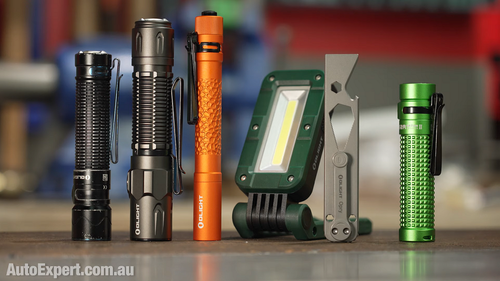

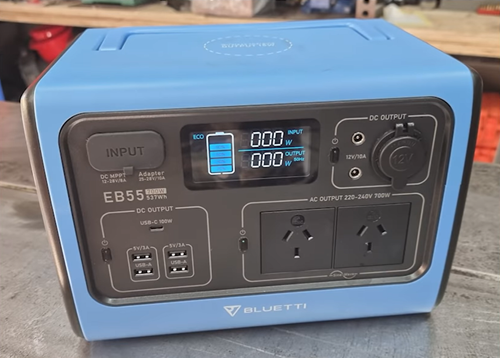
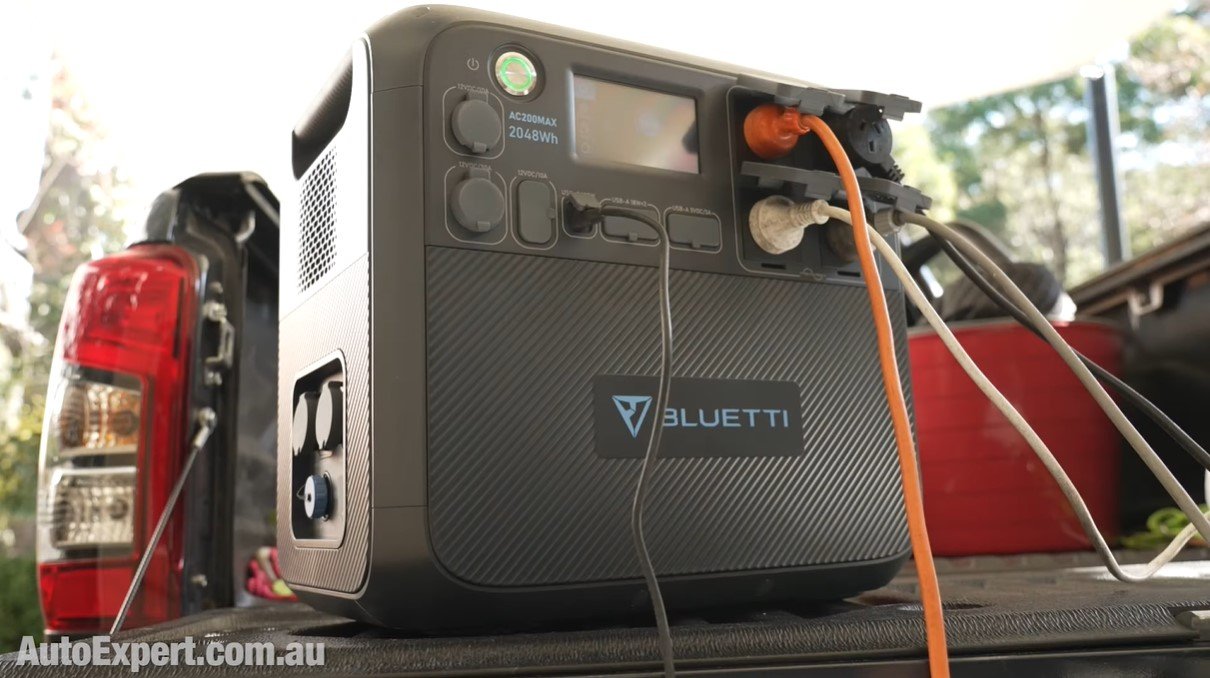



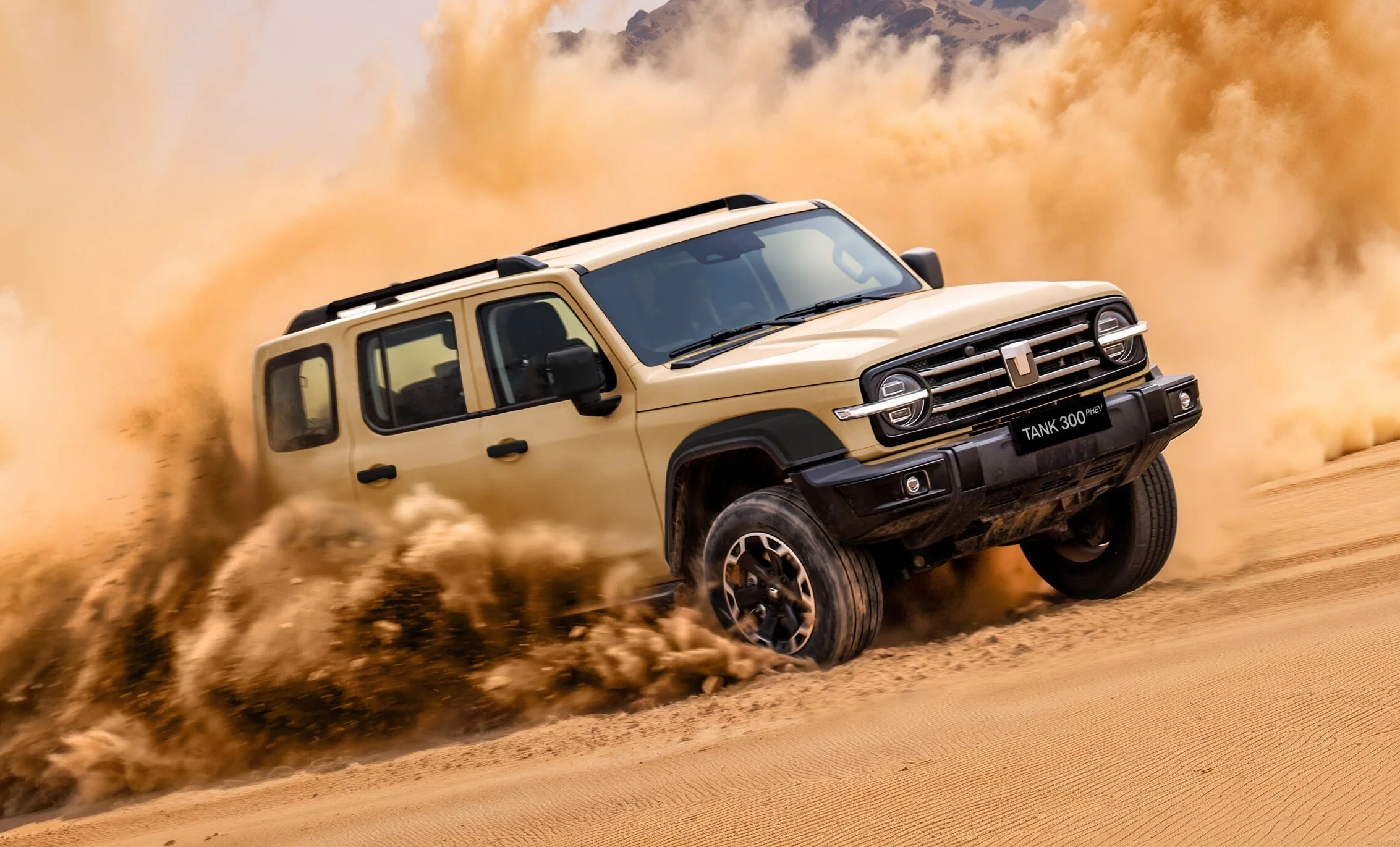


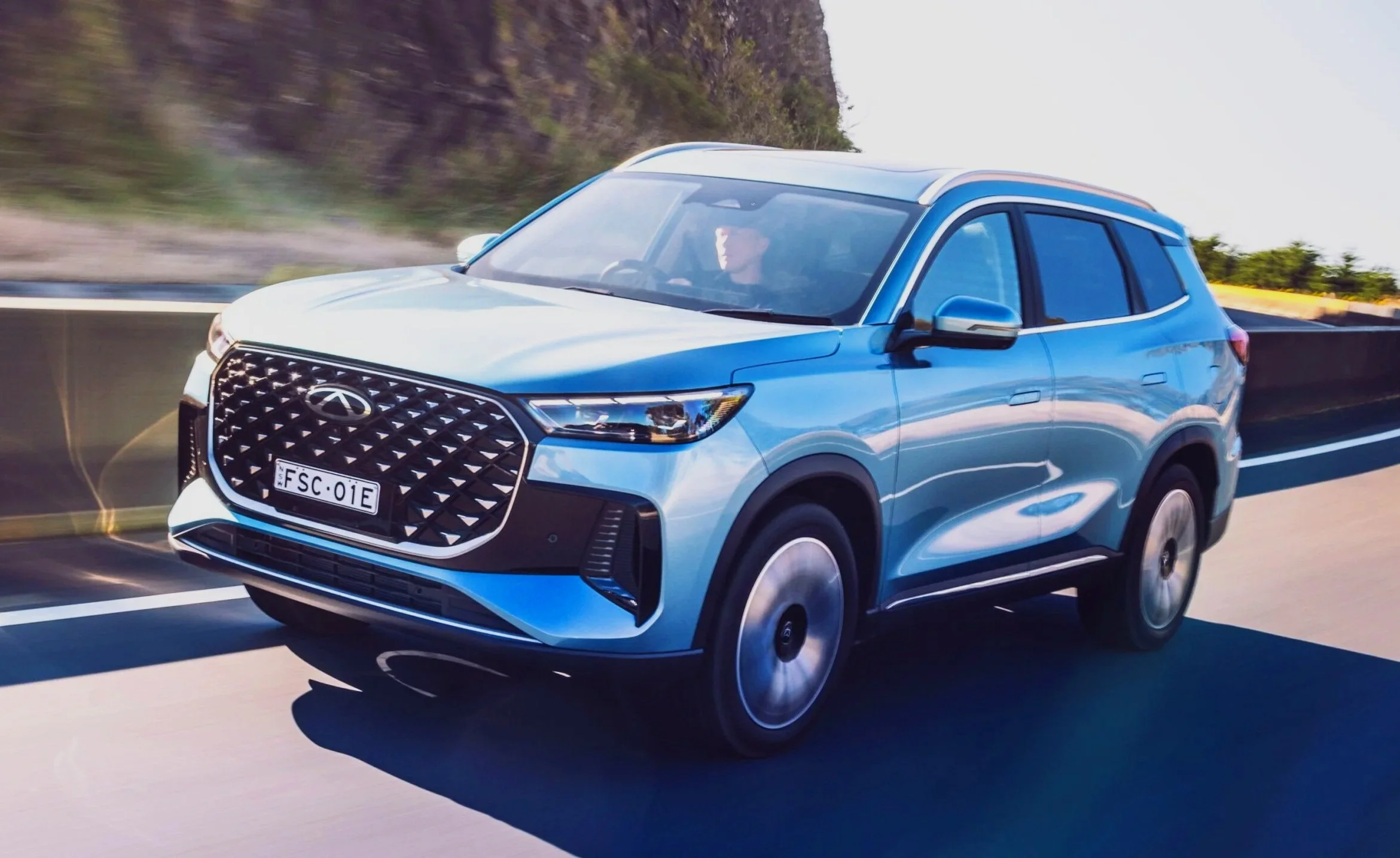
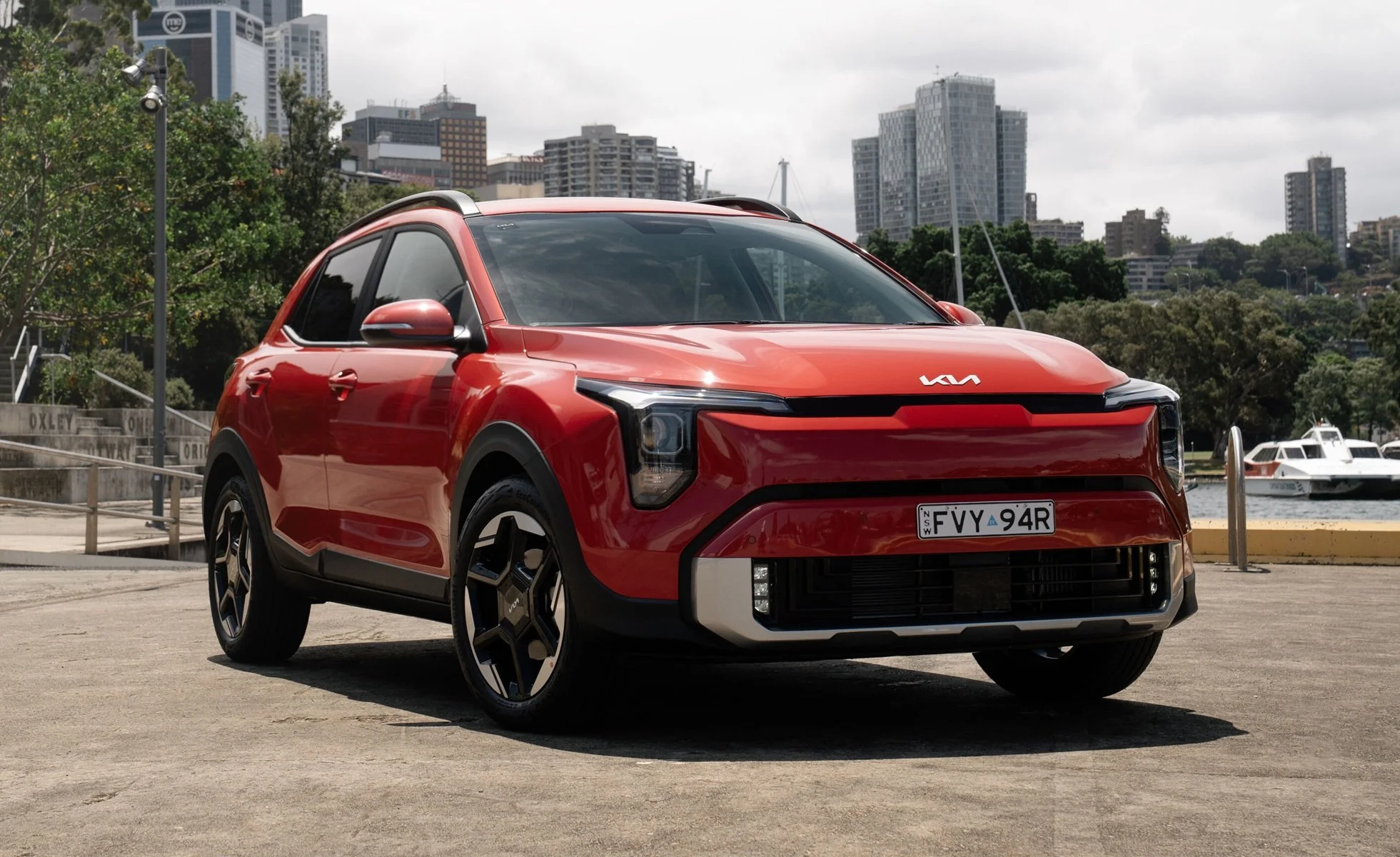
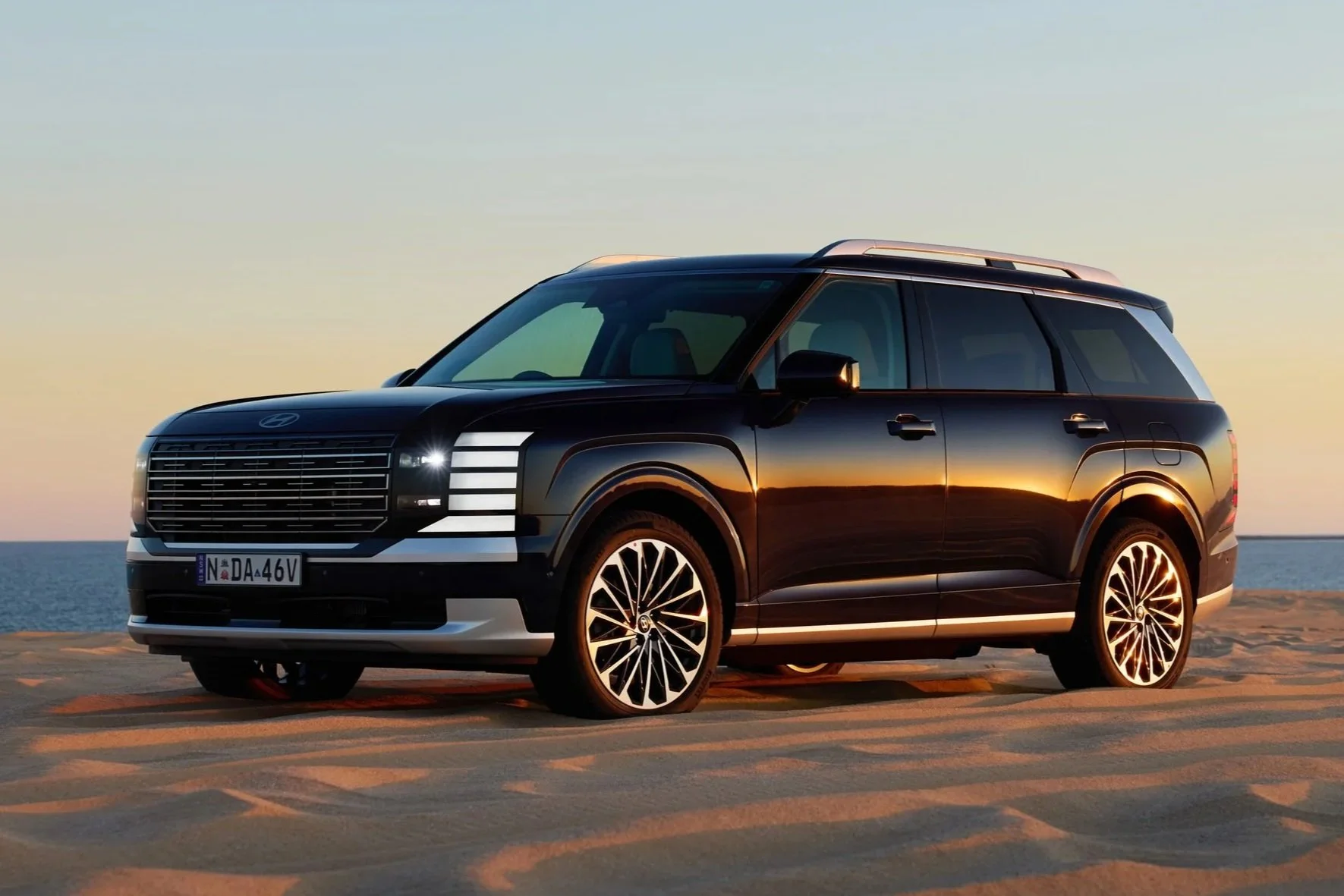
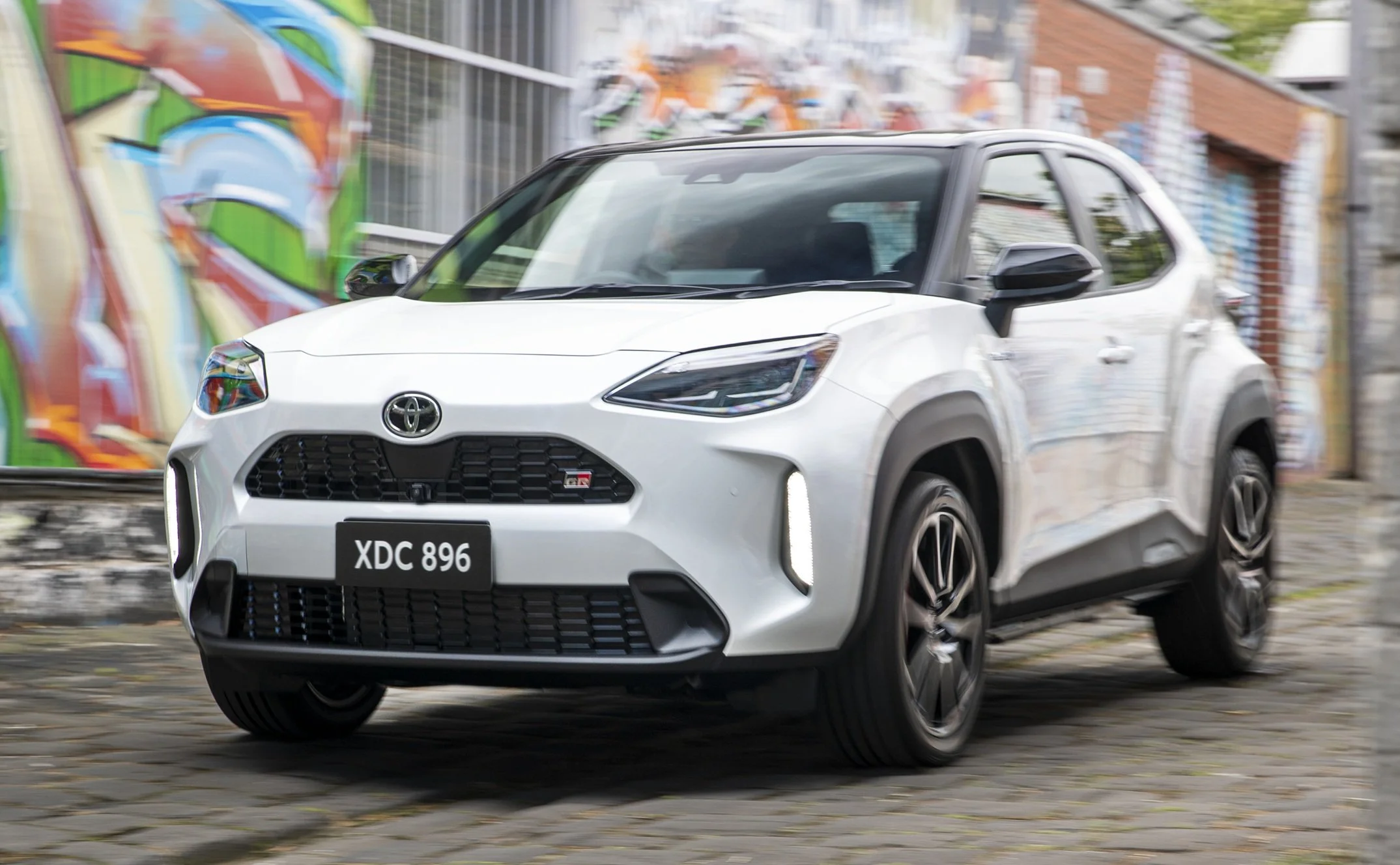

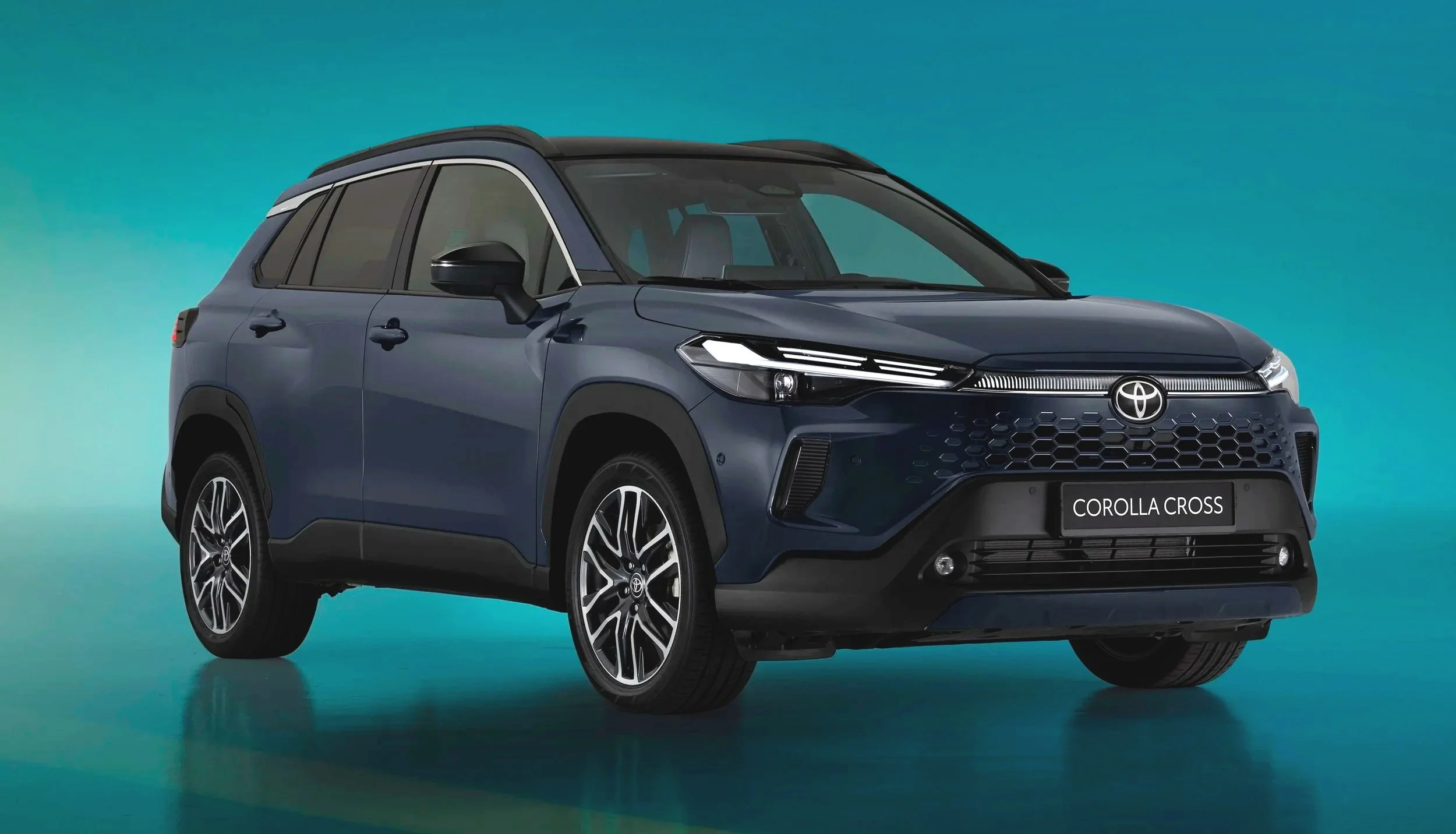

There’s plenty to like about the 7-seat Ford Everest for hardcore off-roading and heavy towing thanks to its big V6 diesel. But is it wise dropping up to $80K on Ford these days?